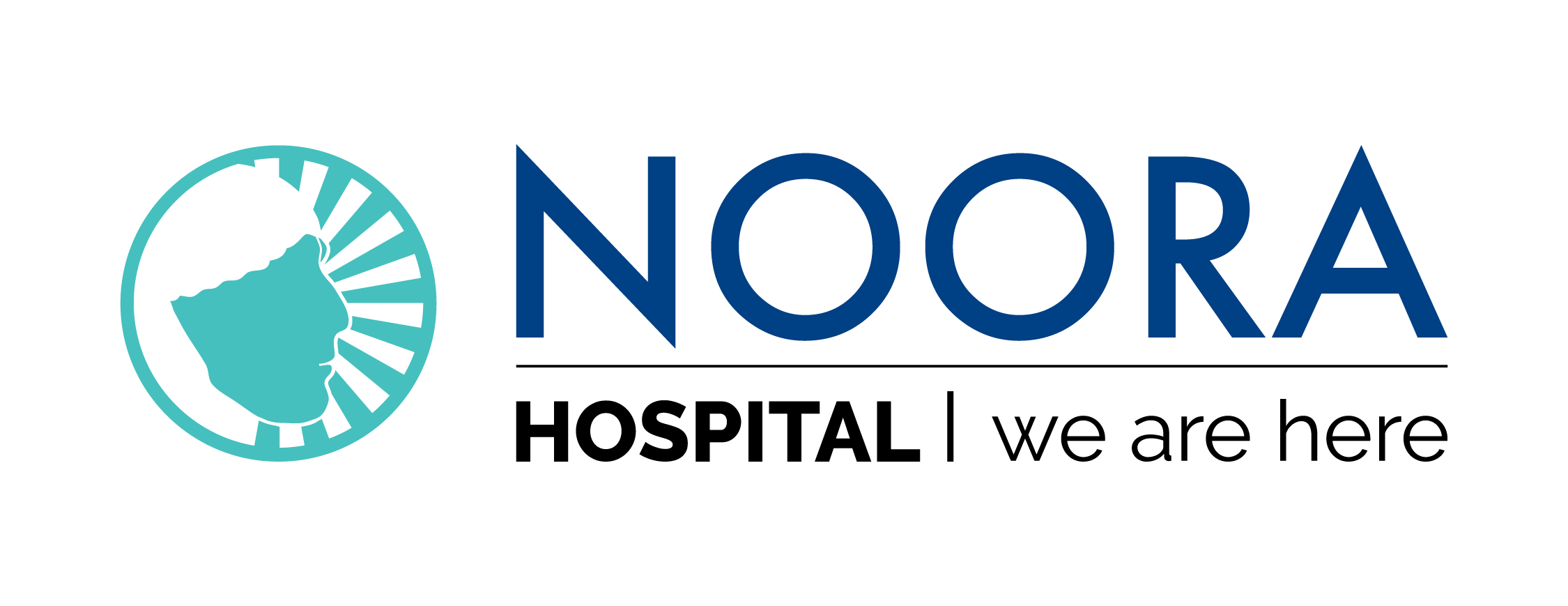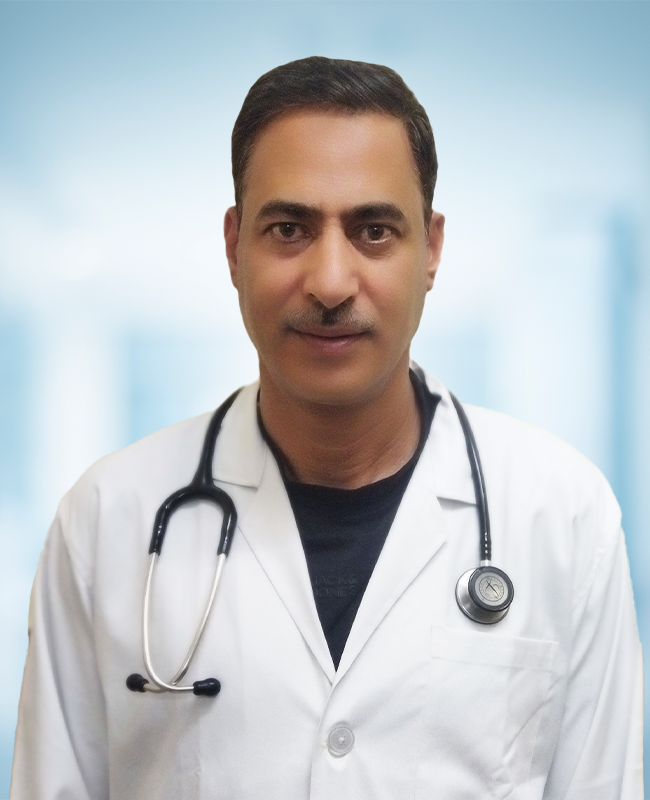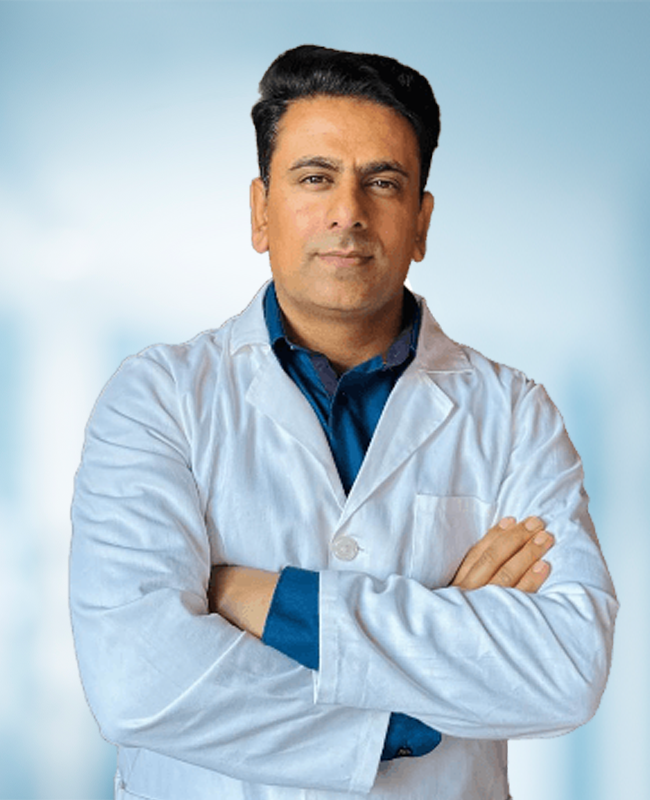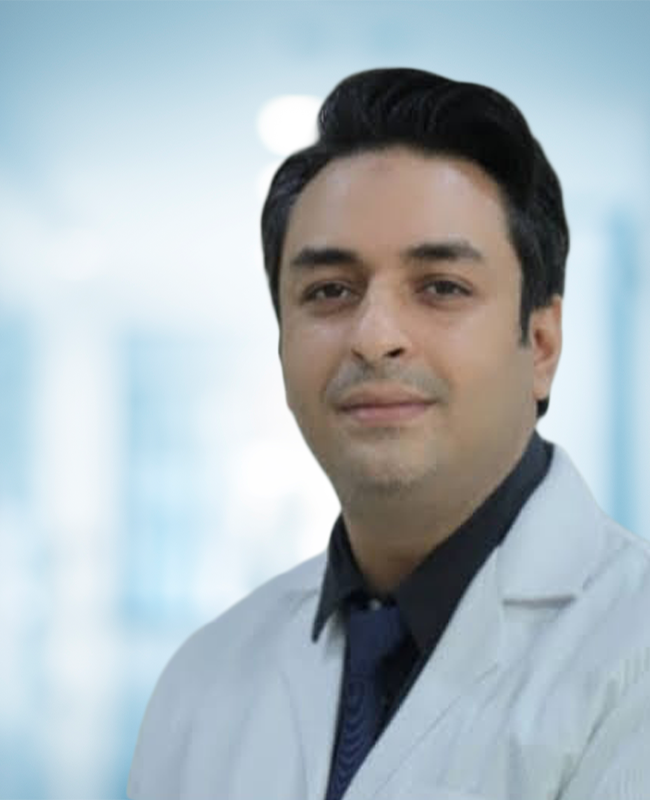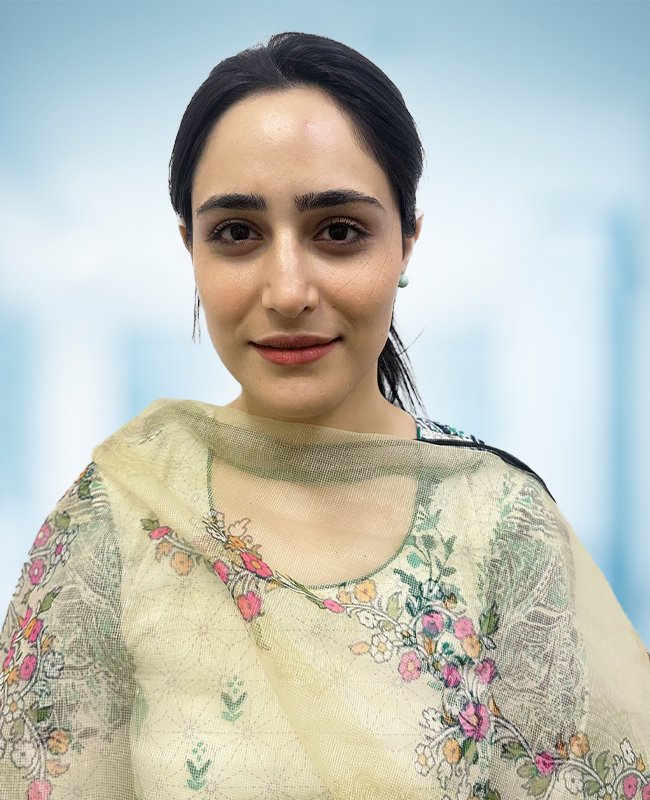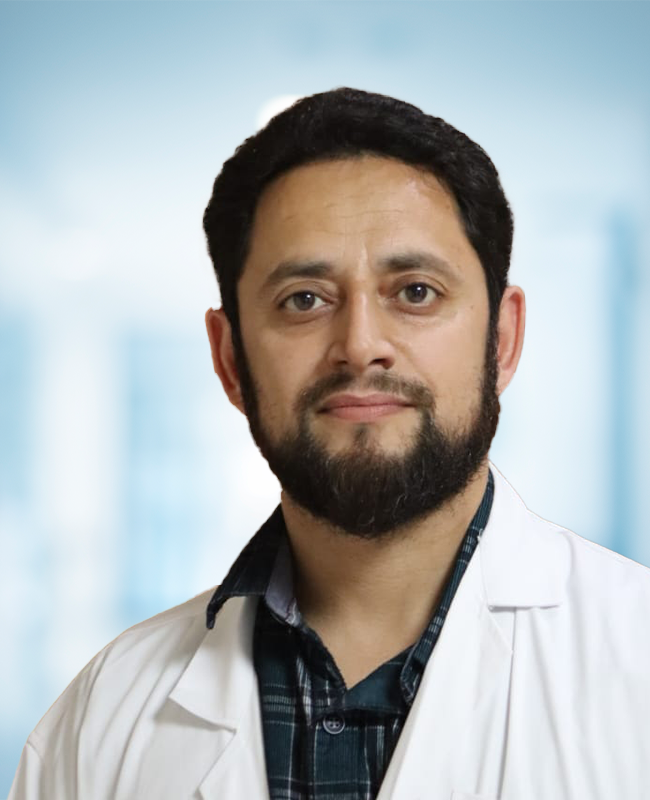Cardiothoracic And Vascular Surgery (CTVS)
Overview:
Cardiovascular and Thoracic surgery focuses on the prevention, diagnosis, treatment, and surgical management of disorders affecting the cardiovascular and pulmonary systems, as well as other major thoracic cavity organs.
Noora Hospital serves as a one-stop destination for all cardiac health solutions, offering advanced technology for the diagnosis, management, prevention, and rehabilitation of cardiac conditions across all age groups. The hospital employs a “Team” approach, with cardiology and cardiothoracic surgery teams working closely together to determine the best treatment plan for each patient, ensuring the highest level of care.
The Department of Cardiovascular and Thoracic Surgery at Noora Hospital is equipped to perform a full range of surgeries for both children and adults. Highlights include:
- Multidisciplinary Team: Cardiothoracic surgeons work within an integrated team of doctors and healthcare professionals to provide personalized care.
- State-of-the-Art Facilities: Two modern operating rooms, an 8-bed ICU, and a dedicated step-down ICU facility.
- Support Services: 24/7 support from laboratory, blood bank, radiology, ICU, and emergency services.
- Expert Intensive Care: Continuous availability of expert adult and pediatric intensive care personnel.
Milestones :
- Noora Hospital achieved a significant milestone as the first private hospital to perform a cardiac tumor surgery. A 40-year-old patient from Budgam underwent successful surgery for a left atrial myxoma. This tumor, originating from the interatrial septum, was obstructing the mitral valve, causing severe symptoms such as giddiness and syncope. The patient underwent open-heart surgery under normothermia and fully recovered after intensive care management.
- A rare case of Redo Heart valve surgery. A 57 year old Patient who had undergone heart valve surgery 20 years prior, presented with symptoms indicating three diseased valves. Following evaluation, he underwent successful double valve replacement and repair.
Diagnostic Services:
- Inpatient Services
- Valve Repair and Replacement Surgeries
- Palliative and Corrective Intra-Cardiac Surgeries for Pediatric Patients
- Coronary Artery Bypass Grafting Surgery (CABG)
- Aortic Aneurysm and Dissection Repairs
- Lung Surgeries
- Mediastinal Tumor Surgeries
- Peripheral Arterial Aneurysm Repairs
- Peripheral Arterial Occlusive Disease Surgeries: Addressing aorto-iliac and femoro-popliteal diseases.
- Vascular Injury Repairs
- Minimally Invasive Heart Surgeries
- Chest Wall Tumor Surgeries with Reconstructions
- Extended Thymectomy for Myasthenia Gravis: Advanced surgical care for neuromuscular disorders.
- AV Fistulas
- Tracheal Reconstruction
Innovative Technologies:
- Comprehensive inpatient and outpatient services available.
- 24/7 emergency department for immediate medical care.
- Dedicated cardiothoracic ICU with 8 beds equipped with advanced monitors, IABP machines, and a mobile echo machine.
- Round-the-clock post-operative care provided in the ICU.
- Well-equipped cardiac operating theater featuring TEE, IABP, high-end monitors, and specialized instruments for cardiac and pediatric cardiac surgeries.
- Inpatient and ICU consultations available to ensure continuous medical oversight and personalized care.
Procedures and Treatments :
- Coronary Artery Bypass Grafting (CABG) performed both on-pump and off-pump techniques.
- Total Arterial Revascularization as part of CABG procedures.
- Combined CABG with Valve repair or replacement surgeries.
- CABG performed alongside Post Myocardial Infarction (MI) Ventricular Septal Defect (VSD) Repair.
- CABG in conjunction with Aortic Aneurysm surgeries.
- CABG coupled with repairs for congenital heart defects.
- Valve repair surgeries focusing on Tricuspid and Mitral valves.
- Valve replacement surgeries involving Aortic, Tricuspid, and Mitral valves using both Tissue and Mechanical valves.
- Valve Repair/Replacement combined with repairs for congenital heart defects.
- Surgeries tailored for Adult Congenital Cardiac Defects.
- Excision surgeries for Cardiac Tumors such as LA Myxoma and RA Myxoma.
- Left Ventricular (LV) Restoration Surgery using DOR’s Procedure.
- Minimally Invasive Valve Surgery options available.
- Minimally Invasive CABG procedures performed.
- Redo Open Heart Surgeries for complex cardiac conditions.
- Pulmonary Thromboendarterectomy to address pulmonary thromboembolism.
- Myomectomy procedures for treating Hypertrophic Cardiomyopathy.
Aortic Surgeries :
- Bentall Debono Operation
- Surgeries for Ascending Aorta, Aortic Arch, and Descending Aorta
- Thoracoabdominal Aortic repairs
- Thoracic Aorta Aneurysm Surgery
- Abdominal Aortic Aneurysm Repair
Vascular Surgery :
- Aorto Carotid Bypass Grafting
- Carotid Endarterectomy
- Aorto Femoral Bypass
- Femoro Popliteal Bypass
- Axillary Artery Aneurysm Repair
- Axillary Femoral Bypass
- Brachial Artery Aneurysm Repair
Our Team
Our Specialist Doctors
Dr. Malik Hamid
Dr. Asim Mushtaq Patloo
Dr. Amir Mushtaq Parray
Duha Jan
Dr. Zubair Rashid
Dr. Haroon Rashid Naqshi
FAQ
Open-heart surgery becomes necessary for complex cardiac procedures such as CABG, heart valve repair, or corrections of congenital heart defects. Your cardiologist will assess your specific condition to determine if this approach is required.
After bypass surgery, it’s crucial to follow your doctor’s recommendations for managing metabolic disorders and adhere to prescribed medications consistently. Patients are advised to refrain from smoking, using tobacco products, and consuming alcohol. Regular exercise is vital for maintaining heart health, but intense physical activity should be avoided initially. Instead, activities like brisk walking or light jogging, especially after sternum healing, are recommended. Swimming and other low-impact sports can also be beneficial.
A minimum of 45 minutes to one hour of exercise, four days a week, is generally sufficient. However, pay attention to any signs such as fatigue, shortness of breath, chest pain, headache, dizziness, nausea, or vomiting during exercise. If these symptoms persist or worsen, seek medical attention promptly. It’s advisable to avoid exercising in extreme weather conditions, immediately after meals, or when feeling excessively hungry.
